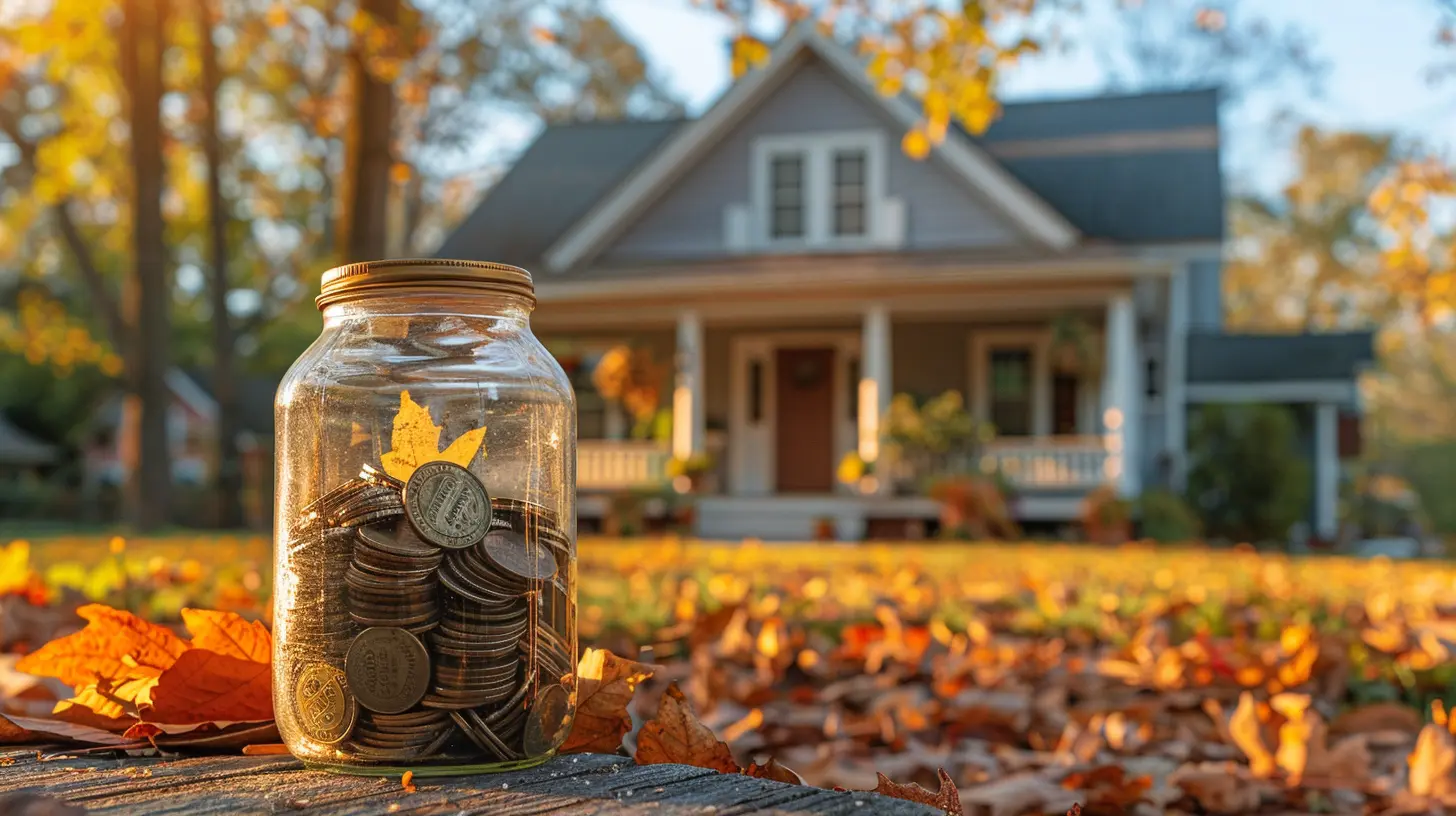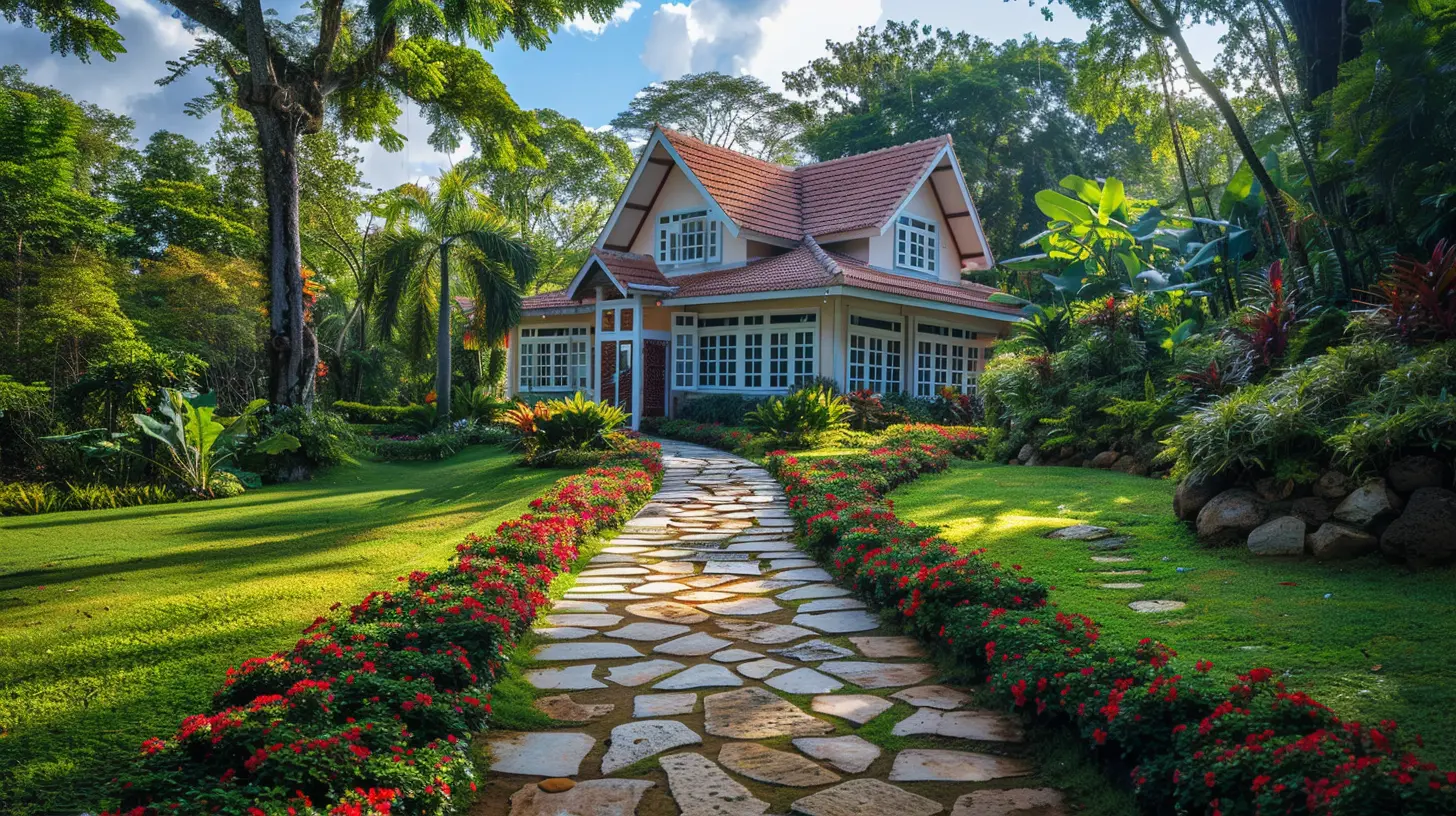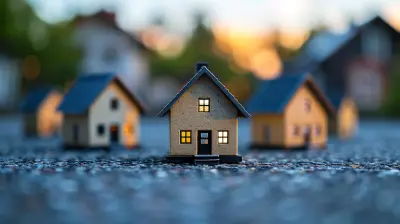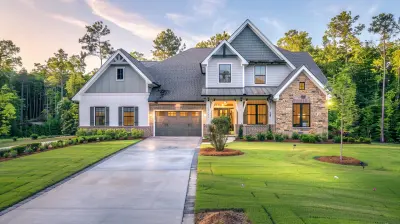How Rising Home Prices Affect Reverse Mortgage Potential
21 May 2025
If you're a homeowner or someone fascinated by the world of real estate, chances are you've noticed something impossible to miss—home prices are climbing higher and higher. Whether you find it exciting, frustrating, or even downright scary, this trend is reshaping how people approach their finances. One area where this is especially true? Reverse mortgages.
Yep, rising home prices are having a huge impact on reverse mortgage potential. But how exactly does it all shake out? And is this a good thing, a bad thing, or somewhere in between? Let’s break it down step by step, so you know exactly what’s going on. 
What’s a Reverse Mortgage, Anyway?
Before diving into the nitty-gritty, let’s make sure we’re all on the same page. A reverse mortgage is a loan available to homeowners who are 62 or older. It lets you tap into the equity you’ve built in your home and turn it into cash—while still holding onto ownership of the house.Think of it as hitting a financial "pause button" on paying your mortgage. Instead of you making monthly payments to the bank, the bank actually pays you. It’s a tool designed for retirees who might need extra funds for healthcare, retirement expenses, or just enjoying life a little more.
But here’s the catch: the size of the loan you can get is directly tied to your home’s value. And when home prices rise? Well, that changes the whole game. 
Rising Home Prices: A Double-Edged Sword
If you’ve been watching the housing market, you’ve probably noticed this wild rollercoaster ride. In many areas, home prices have surged over the last few years. Whether it’s due to limited inventory, high demand, or low mortgage rates, one thing’s for sure—houses are worth a lot more than they used to be.At first glance, this might seem like all good news for reverse mortgages. After all, if your home is suddenly worth double what it was ten years ago, you’d think your reverse mortgage options would double too, right? Well, yes and no.
Let’s talk about the upsides and downsides, because (spoiler alert) it’s not all sunshine and rainbows.
The Upside: Increased Loan Potential
Here’s the most obvious benefit: when your home is worth more, you can borrow more. The amount you can pull out through a reverse mortgage is based on your home’s current appraised value. So, if your house was worth $300,000 a few years ago but is now valued at $450,000, that’s a significant jump in your borrowing power.Think about it this way: your home equity is like a piggy bank, and rising home prices are essentially stuffing more coins into that bank. For retirees, this additional equity can be a lifeline, offering a way to access much-needed cash without selling the property or downsizing.
The Downside: Increased Costs
But—and this is a big "but"—higher home values can also mean higher costs. Let’s not forget that getting a reverse mortgage isn’t free. There are upfront costs like origination fees, closing costs, and mortgage insurance premiums. And while these fees are capped by federal regulations, they’re often calculated as a percentage of your home’s value.So, if your home is worth more, the cost to take out a reverse mortgage might also climb. In other words, that bigger piggy bank comes with a bigger price tag to crack it open. 
The Impact of Interest Rates
We can’t talk about reverse mortgages without mentioning interest rates—they’re like that one nosy neighbor who’s always in your business. Rising home prices might help you qualify for a larger loan, but high interest rates can eat into those benefits.Why? Because the interest rate on a reverse mortgage determines how much you’ll owe over time. The higher the rate, the faster your loan balance grows, which can reduce how much equity is left in your home if you decide to sell or leave it to your heirs.
It’s a delicate dance, balancing the benefits of rising home values against the costs associated with borrowing. 
The Equity Cushion: A Safety Net or a Mirage?
Another thing to keep in mind is the equity cushion—or the portion of your home’s value that you don’t borrow against. Even though reverse mortgages let you tap into your home equity, lenders don’t let you access the full amount. That’s on purpose—they want to make sure there’s some equity left to cover interest and fees when the loan is eventually repaid.With rising home prices, this equity cushion can look bigger and more reassuring. But keep in mind that markets don’t always move in one direction. What goes up can come down, and if home prices were to dip in the future, that cushion could shrink fast.
Are Rising Home Prices Good News for Reverse Mortgages?
So, where does all this leave us? Are rising home prices a blessing, a curse, or somewhere in between when it comes to reverse mortgage potential?Honestly, it depends. For many homeowners, the increase in home value will make reverse mortgages a more appealing option. It means more cash, more flexibility, and potentially more financial freedom.
But it’s not a one-size-fits-all solution. Higher costs, interest rates, and market volatility all need to be considered. And let’s face it—reverse mortgages aren’t free money. They’re a loan, and loans always come with strings attached.
Reverse Mortgages: Proceed With Caution
If you’re thinking about a reverse mortgage, rising home prices might feel like a green light. But before you hit the gas, take a step back and think carefully. Ask yourself a few key questions:- Do I really need to tap into my home equity right now? Or can I wait?
- Am I comfortable with the fees and interest that come with a reverse mortgage?
- How will this decision impact my family or heirs down the road?
- What happens if home prices drop in the future?
It’s also worth consulting a financial advisor or housing counselor. They can help you weigh the pros and cons specific to your situation, so you’re not making decisions based on just what’s happening in the market today.
Final Thoughts
Rising home prices have certainly reshaped the reverse mortgage landscape. For some people, this presents an amazing opportunity to access more funds and improve their quality of life. But like with any financial tool, there’s a flip side to consider.At the end of the day, reverse mortgages are not inherently good or bad—they’re just a tool. And like any tool, they work best when used wisely and in the right circumstances. So, whether you’re celebrating your home’s soaring value or concerned about the costs of borrowing, make sure you’ve got a solid plan. After all, your home isn’t just your biggest asset—it’s your sanctuary.
all images in this post were generated using AI tools
Category:
Reverse MortgagesAuthor:

Vincent Clayton
Discussion
rate this article
3 comments
Lena Pruitt
Rising home prices significantly enhance reverse mortgage potential, offering homeowners greater financial flexibility and access to equity. It's a strategic time to consider this valuable option.
June 1, 2025 at 12:03 PM

Vincent Clayton
Thank you for your insightful comment! Indeed, rising home prices can greatly increase the potential benefits of reverse mortgages, providing homeowners with more options for financial flexibility.
Mariana McGonagle
Rising home prices can increase equity, offering more potential funds through reverse mortgages for homeowners.
May 27, 2025 at 11:22 AM

Vincent Clayton
Absolutely, rising home prices enhance equity, which can significantly increase the funds available through reverse mortgages, providing homeowners with more financial options.
Oren Summers
Fascinating how rising home prices impact reverse mortgages! I'm curious—do higher valuations lead to more financial options for seniors, or are there risks that could outweigh the benefits? Excited to learn more!
May 26, 2025 at 4:01 AM

Vincent Clayton
Higher home valuations can enhance reverse mortgage options for seniors, providing access to more funds. However, they also come with risks, such as potential declines in property values and increased costs. It's essential for seniors to weigh these factors carefully.



